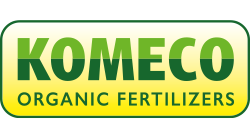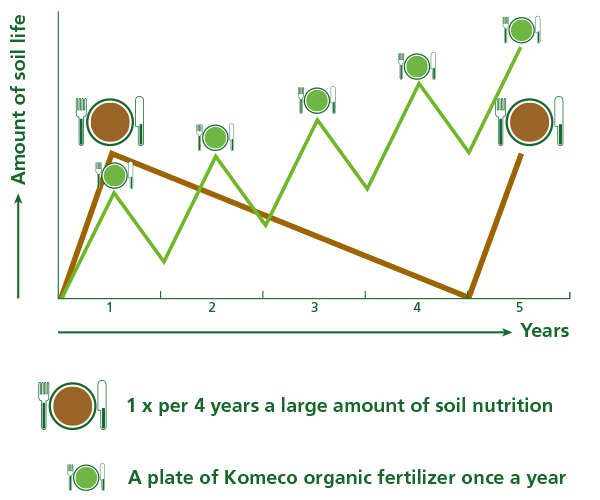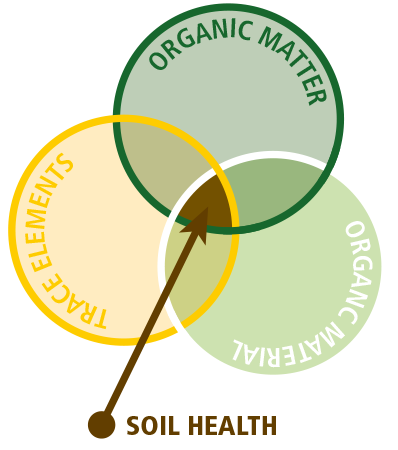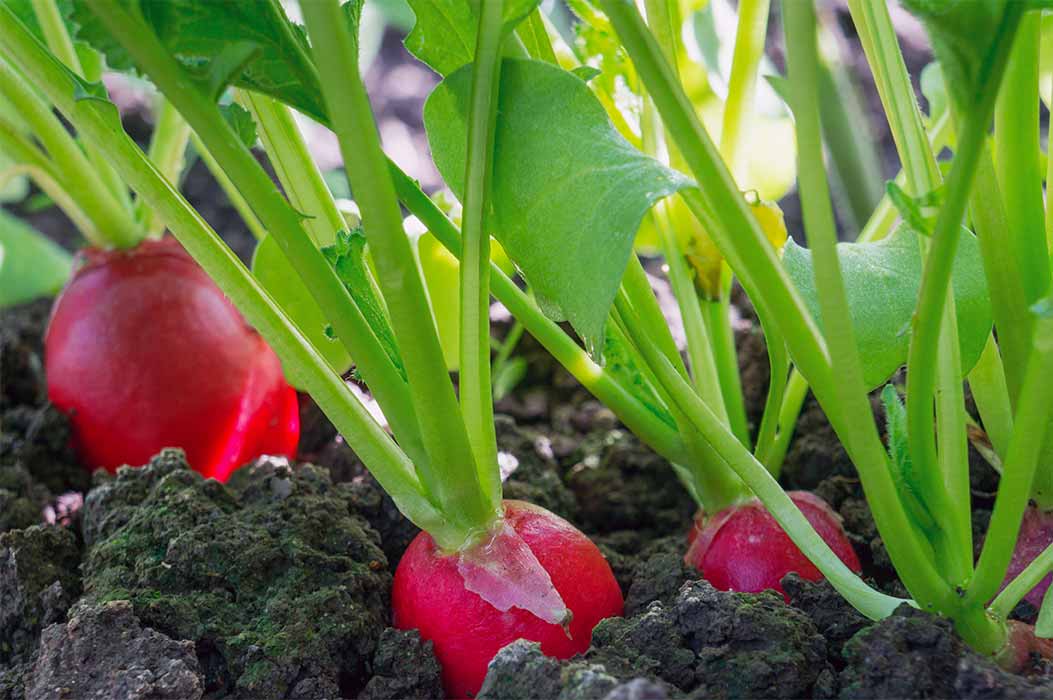SOIL NUTRITION
A healthy soil is the foundation for crops and plants to grow in an optimal way.
In the soil there is an extensive world with soil life and they have different demands when it comes to nutrition. In a maze of different types of soil nutrition it is important to understand what would be the right nutrition to feed the soil correctly.
Mineralisation
The soil contains a percentage of organic matter. Soil life as well as the growing crops and plants all benefit from organic matter. The organic matter and -material provide many nutrients to crops and plants. The demolition in the soil causes the release of nutrients for plant growth. This process is called mineralisation and can only happen optimally during the growth season when soil temperature is higher than it usually is.
It cannot be one-way traffic. The demolition of organic material means that both the soil and its soil life should receive organic matter on a regular basis. It is there food in order to persist. By regularly supplying organic matter, the process of mineralization will be optimally stimulated. Soil life can survive because it receives food continuously. This creates a stable process in the soil where nutrients can be released during the growth of crops and plants.
Organic manure
Organic matter is an important part of compost and organic fertilizers. You could state that the different types of manure can serve as soil nutrition. The difficulty is often how to distribute it optimally. Heavy manure spreaders are often needed to spread compost or solid manure. This does not always fit in the cropping cycle and some crops cannot handle this. Organic fertilizers such as from FERTISOL can be spread with a fertilizer spreader without structural deterioration of the soil. This offers the possibility to apply organic fertilizer before, during or after each cultivation / crop cycle and thus it is frequent maintenance of your soil.
By using solid manure or compost it is not exactly known how much N-P-K and other nutrients will be spread throughout the field. By spreading organic fertilizer you know exactly how much you apply. Furthermore there is always a risk that the supplied manure contains weed seeds and pathogens, which does not occur in our organic fertilizers (due to the composting process).
Feed the soil
The graphic shows the difference between nourishment once per 4 years (large plate) and once a year (small plate). The amount of soil life remains stable when you frequently provide food to the soil. Furthermore other processes of mineralisation, the development of soil structure and the supply of oxygen will be maintained much better.
Organic fertilizers, such as from FERTISOL, offer a wide range of nutritional elements and in correct proportions. It is a valuable extension for your soil.





